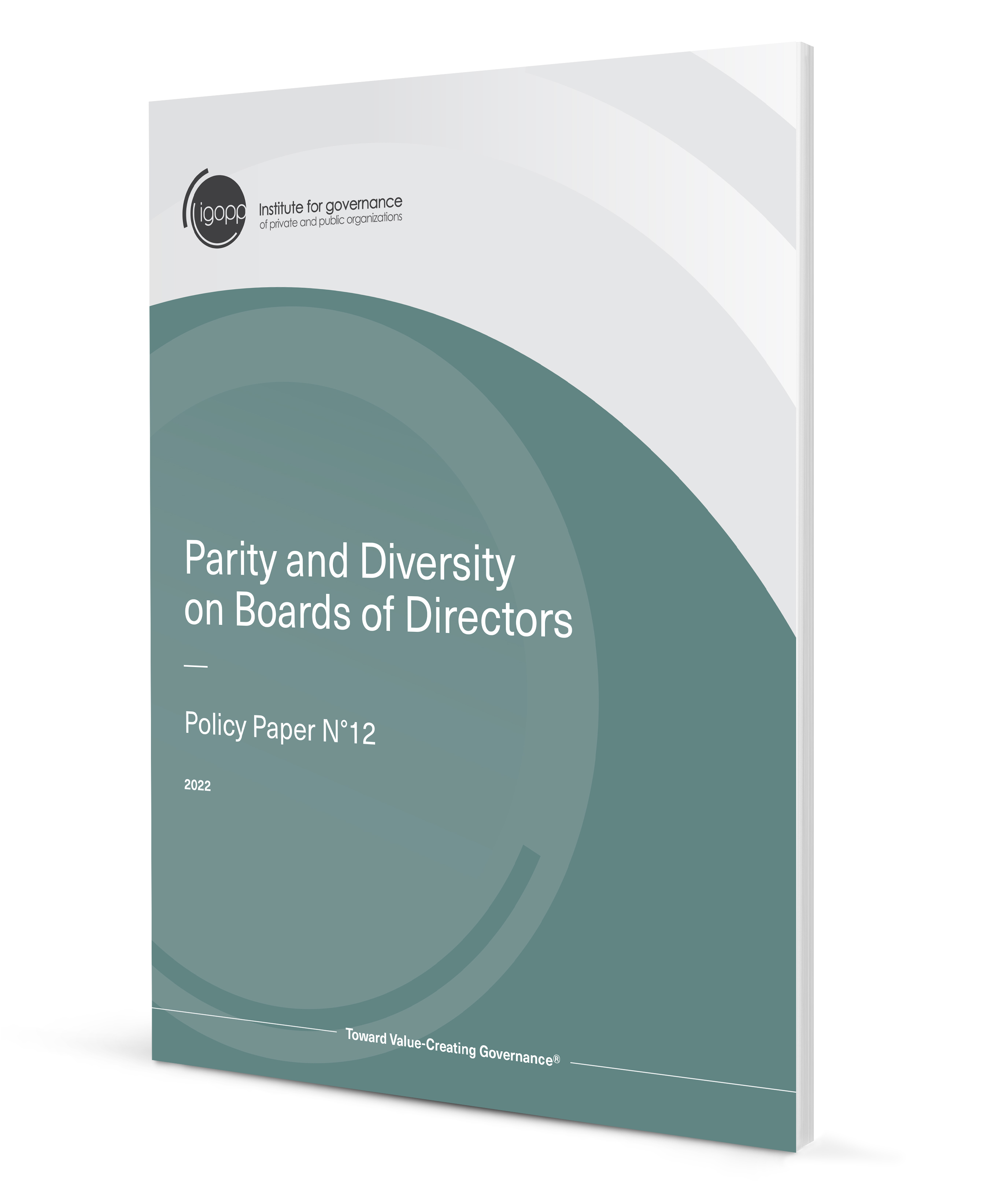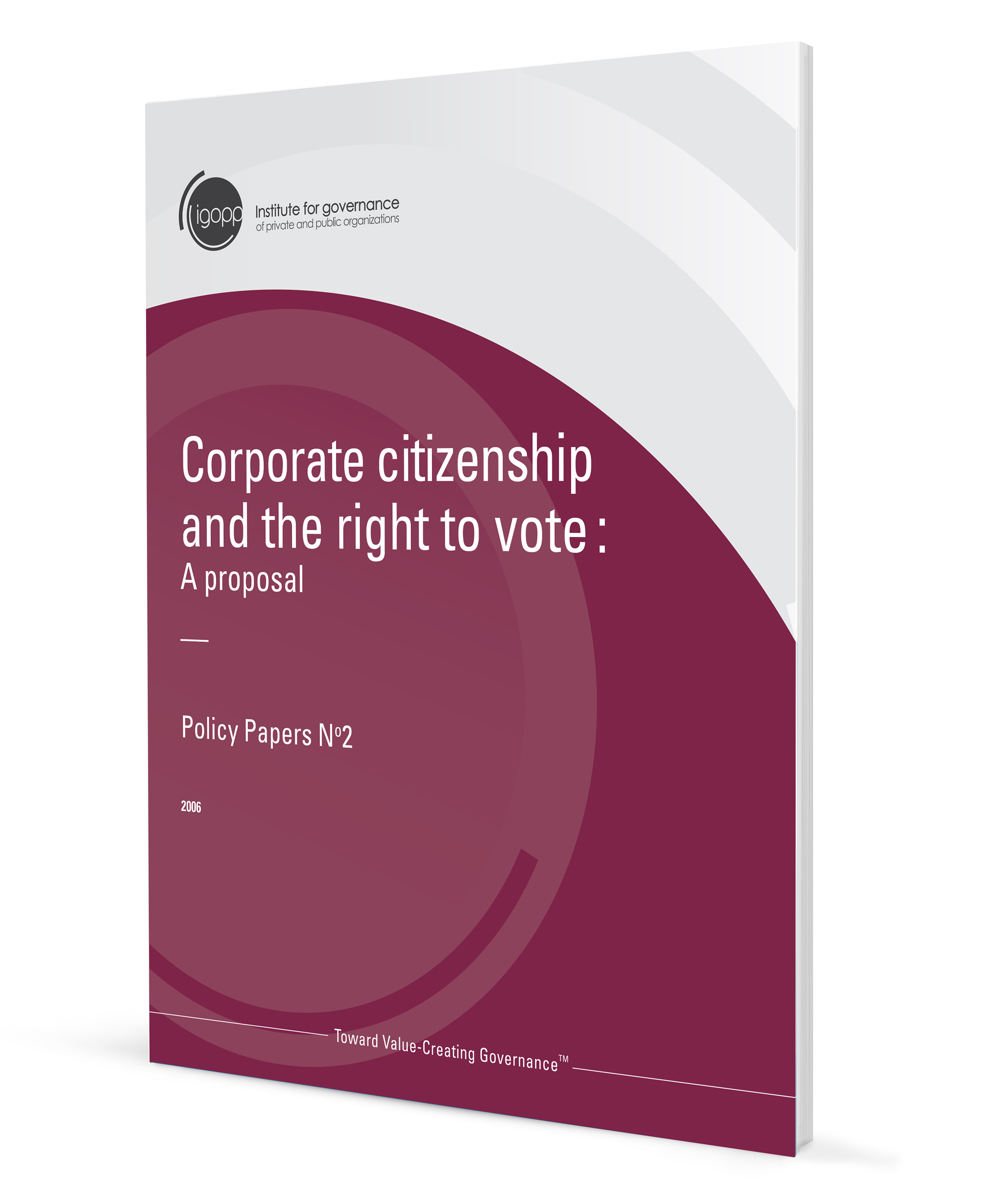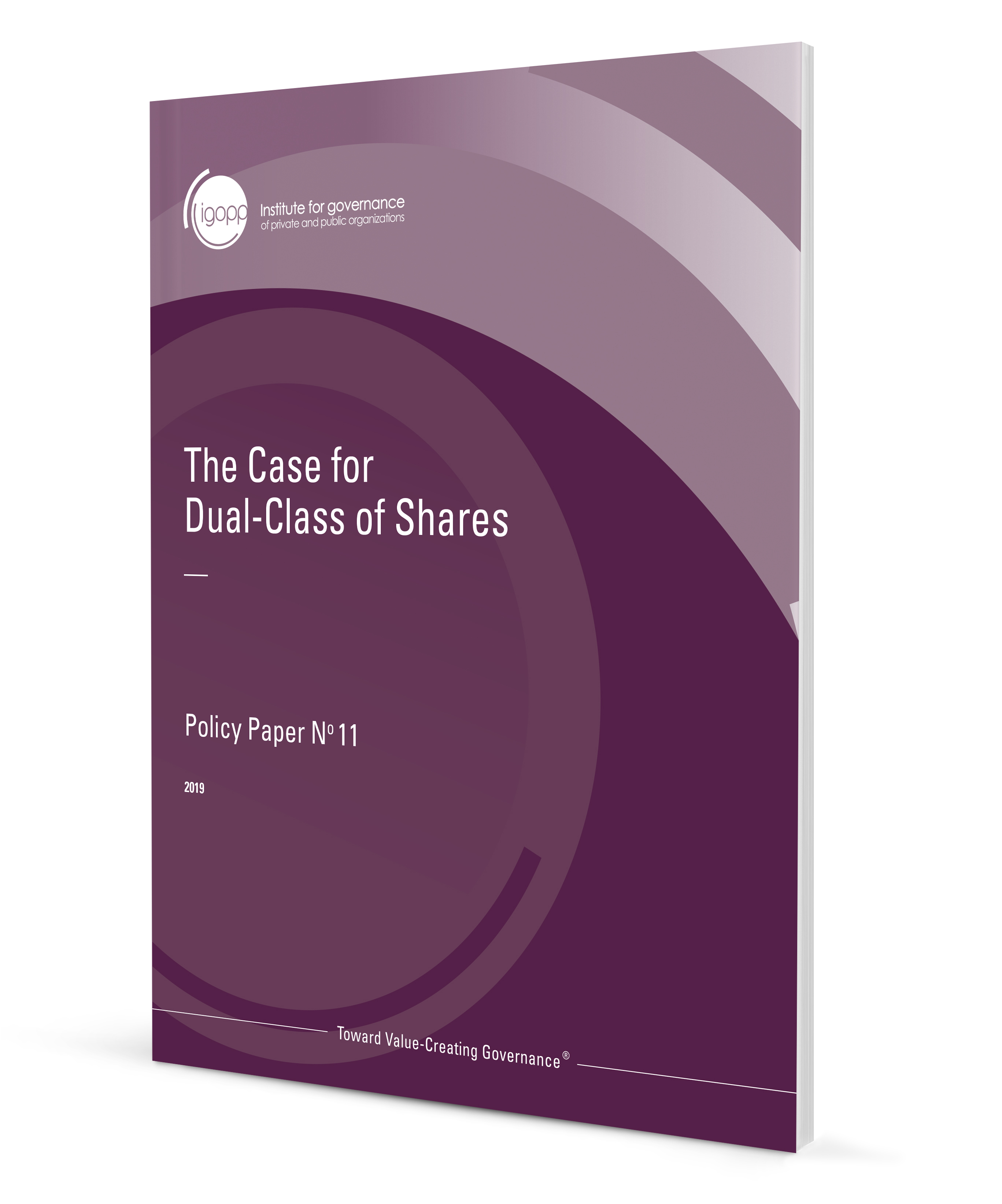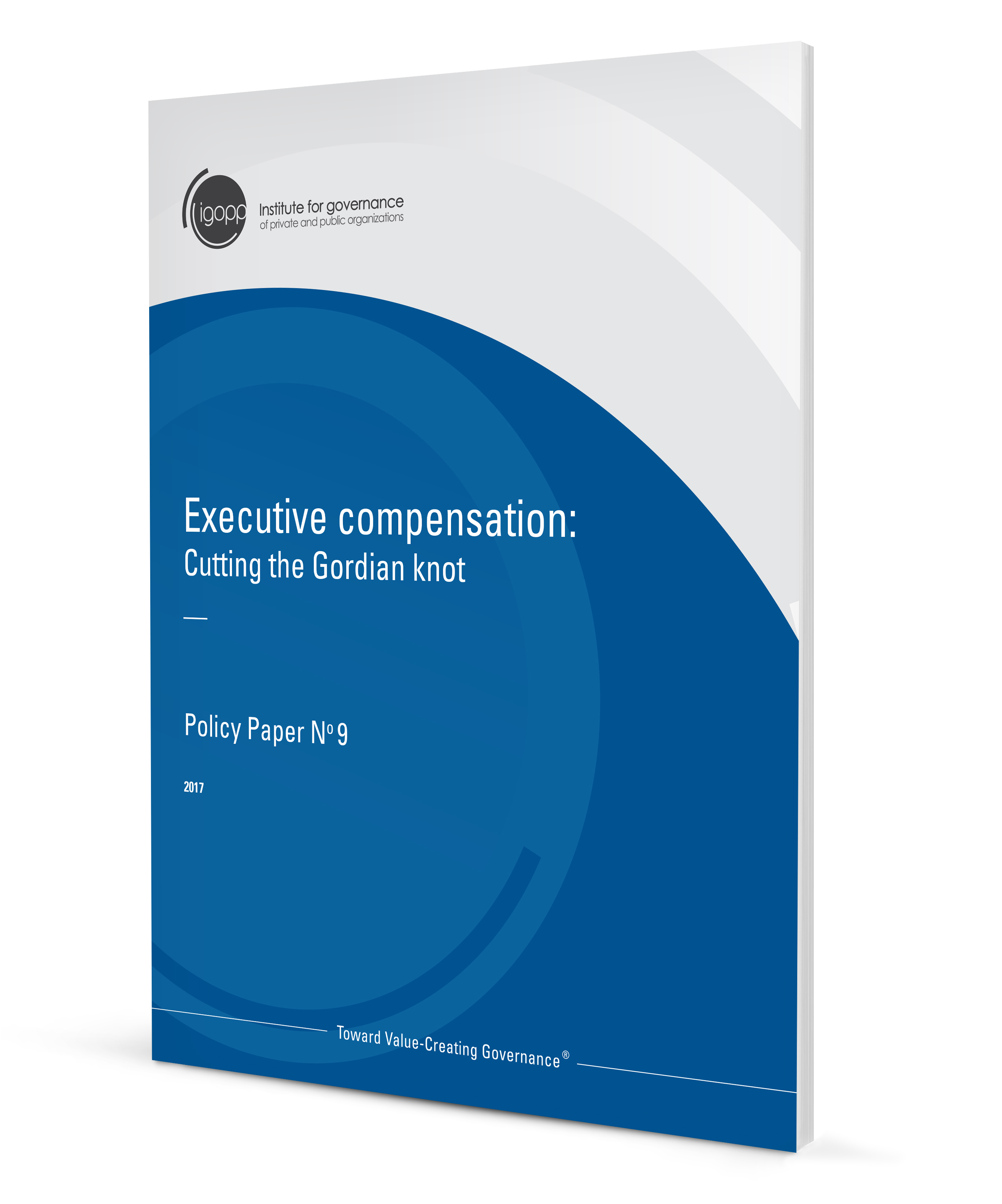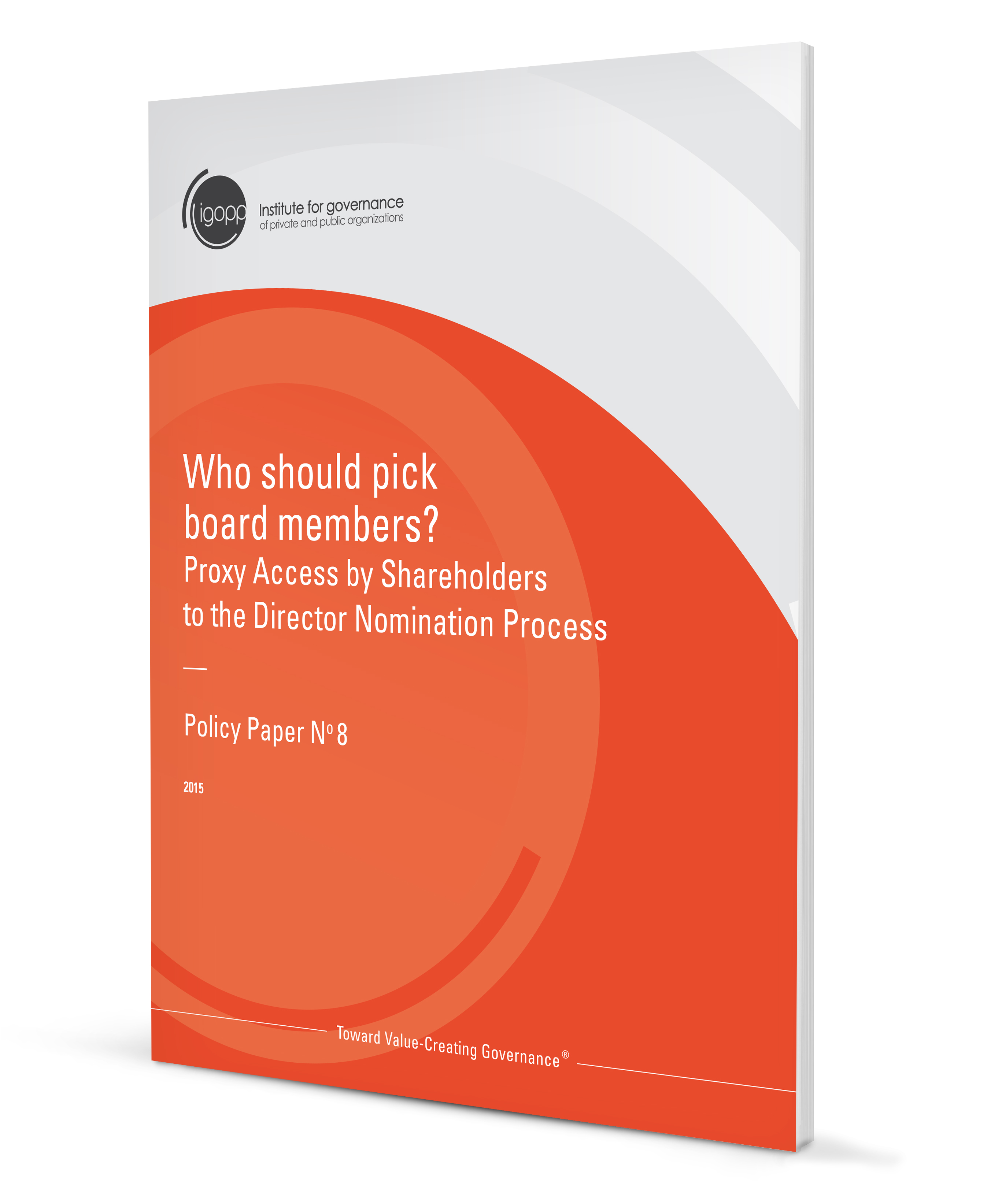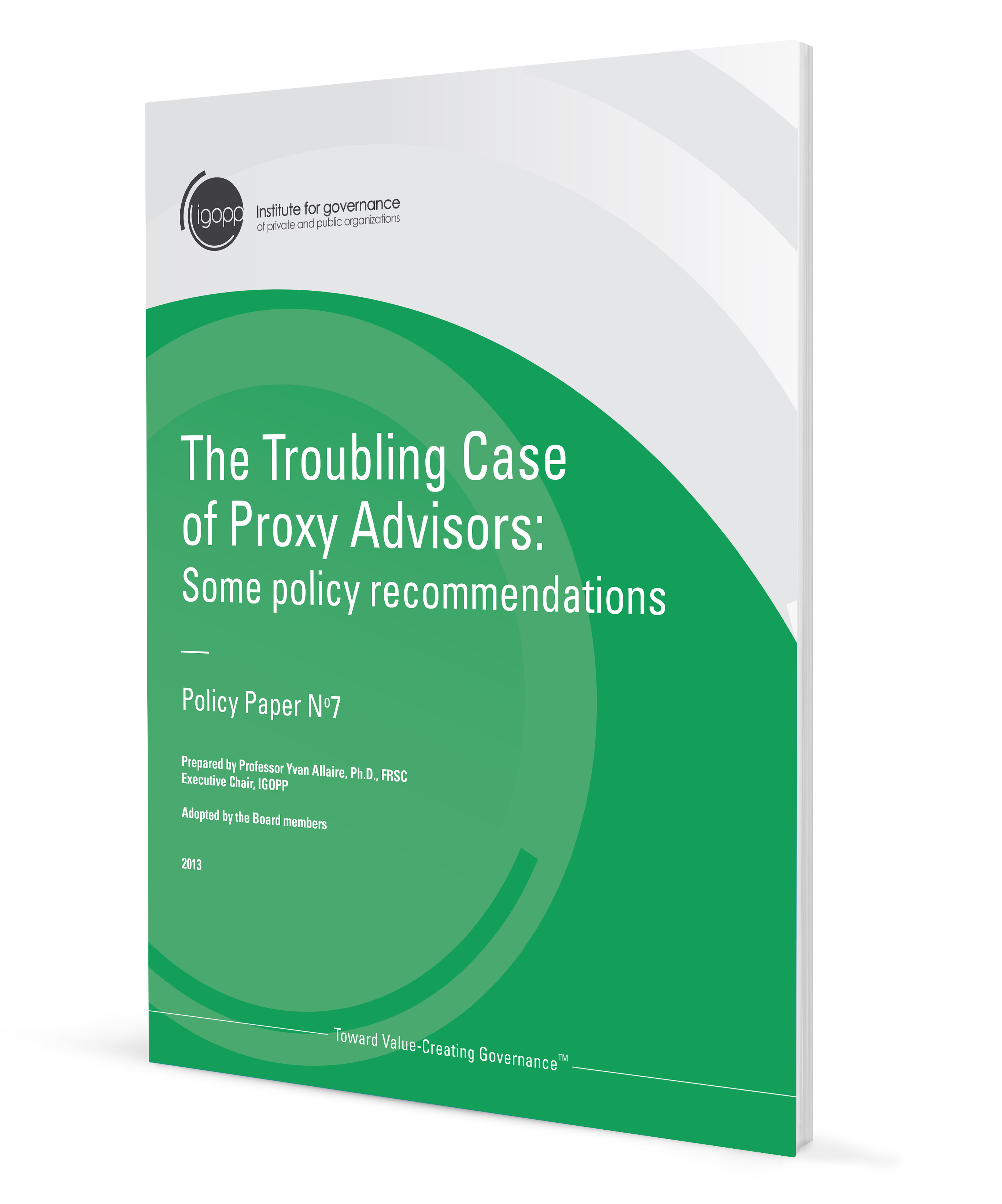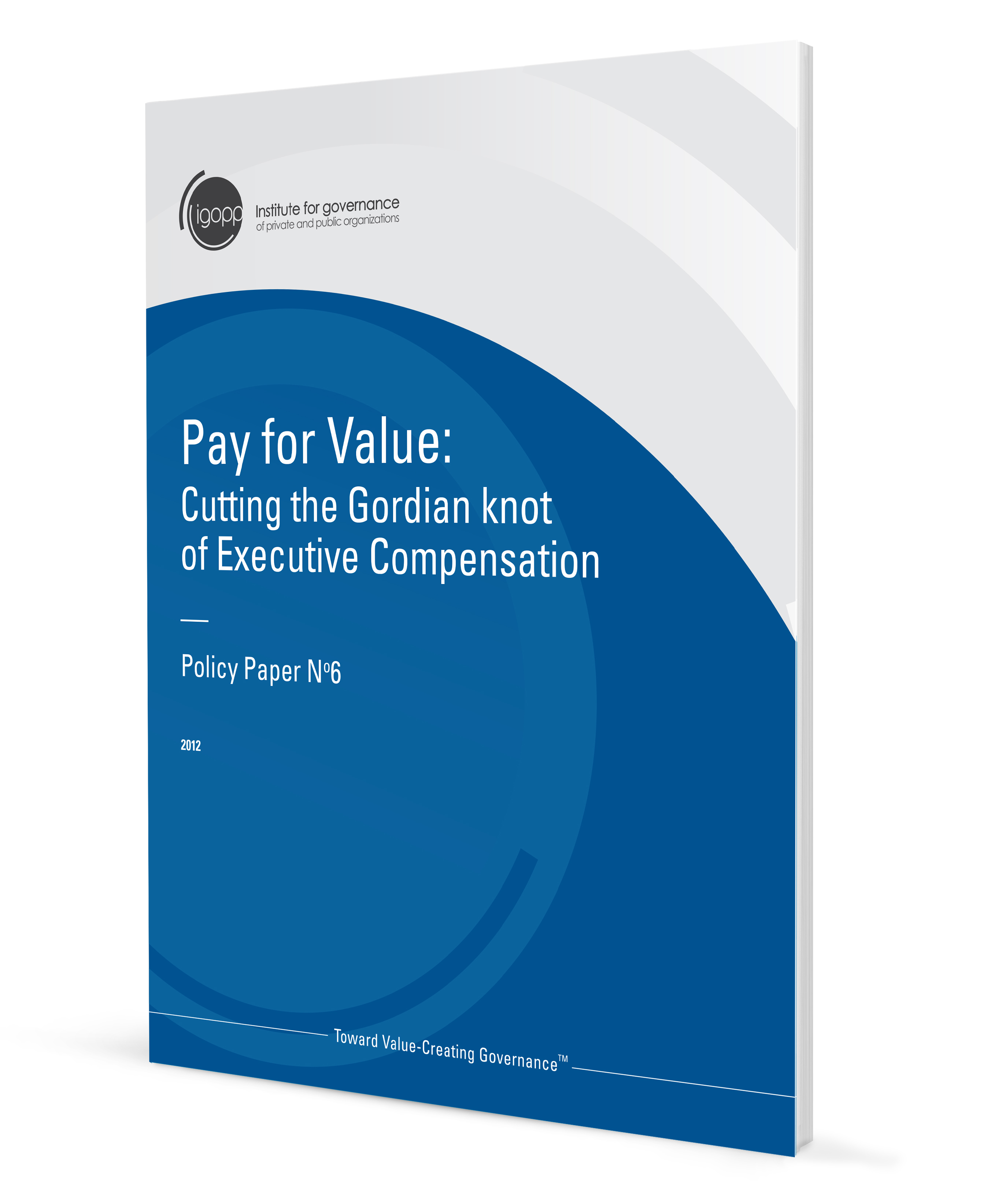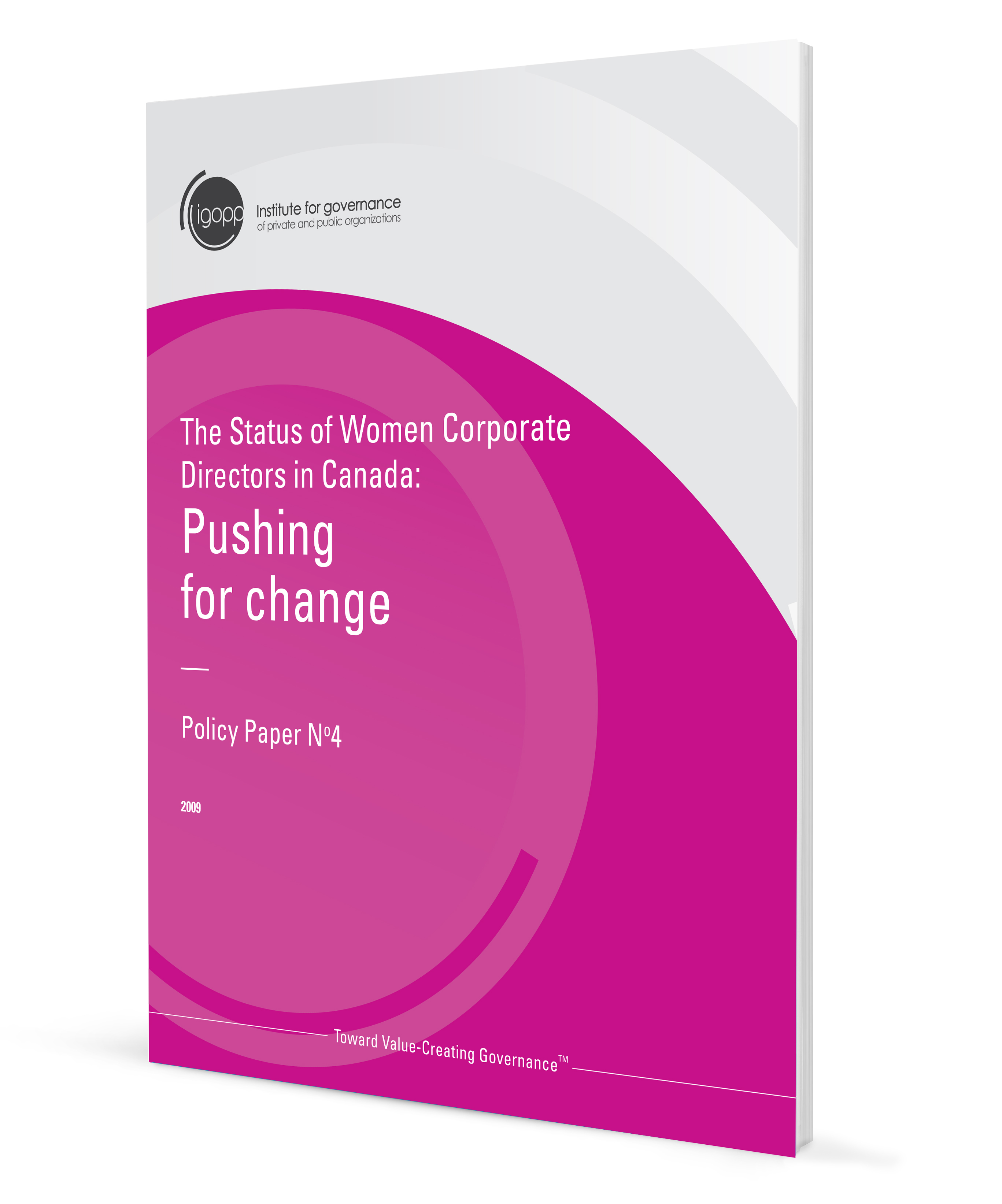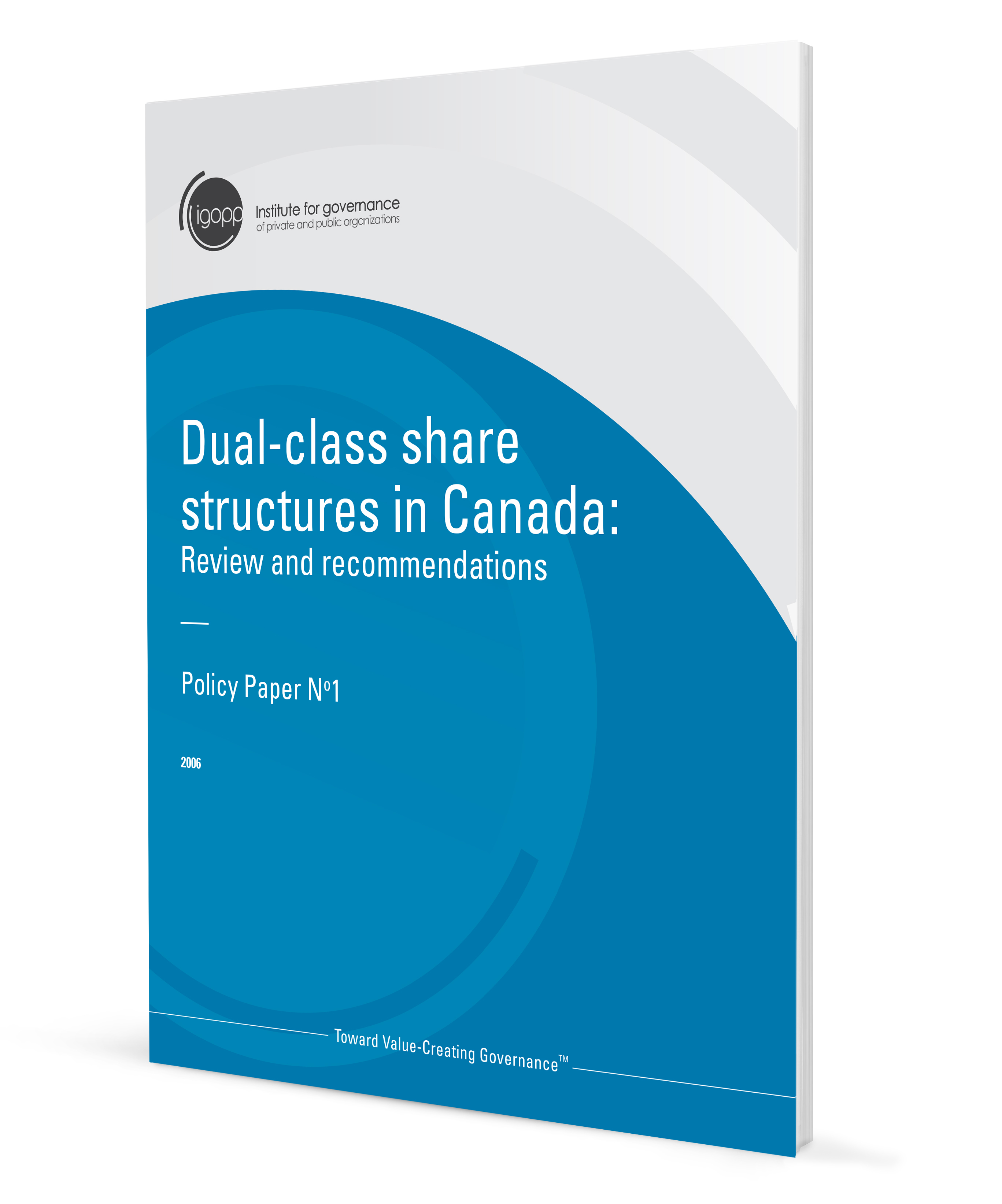Corporate citizenship and the right to vote
A proposal
In this age of momentum investors, day traders and hedge funds, the practice of granting transient “investors” the full and immediate rights of corporate citizenship, including the right to vote, is questionable and should be questioned.
The democratic equivalent to this practice would consist of granting the right to vote to anyone who happens to be in the country on Election Day (tourists, business travelers, etc.). Every democracy imposes a minimum period of time before a newcomer acquires the full rights of citizenship, particularly the right to vote.
Whereas in 1960, the average holding period for publicly listed company shares in the U.S. was seven years, it shrank to two years by 1992 (Porter,1992). This holding period is now estimated at some seven and a half months for companies listed on the New York Stock Exchange (Odland, 2006). A similar trend is at work in Canada, with the TSX trading volume increasing at 10% a year for the last ten years and some 200 hedge funds with assets under management in excess of $50 billion.
Though very unorthodox in the North American context, the notion that some time should be required before a shareholder acquires the rights of corporate citizenship, including the right to vote, is proposed here for due consideration.
- Topics:
- Shareholders
- Stakeholders
